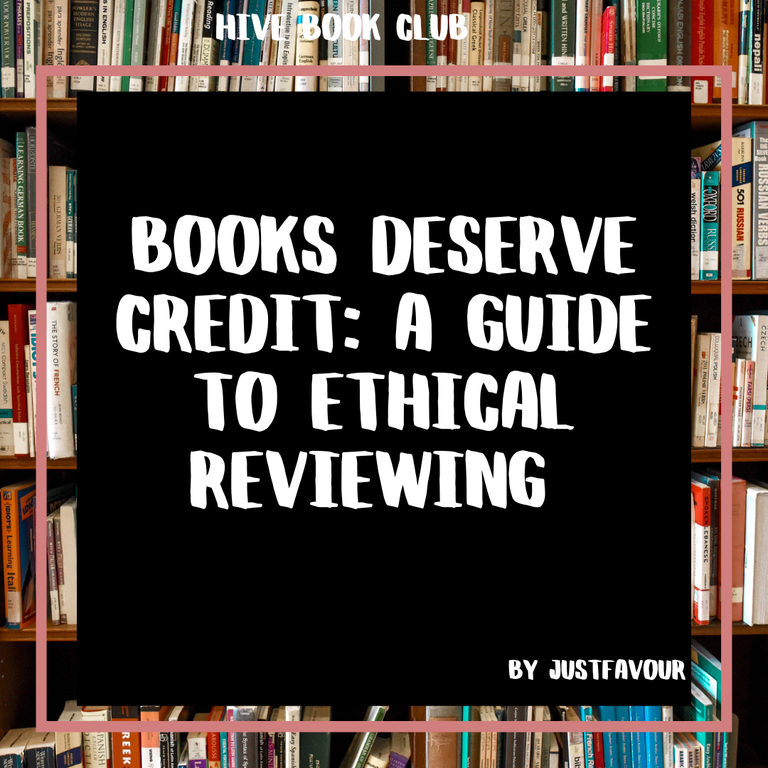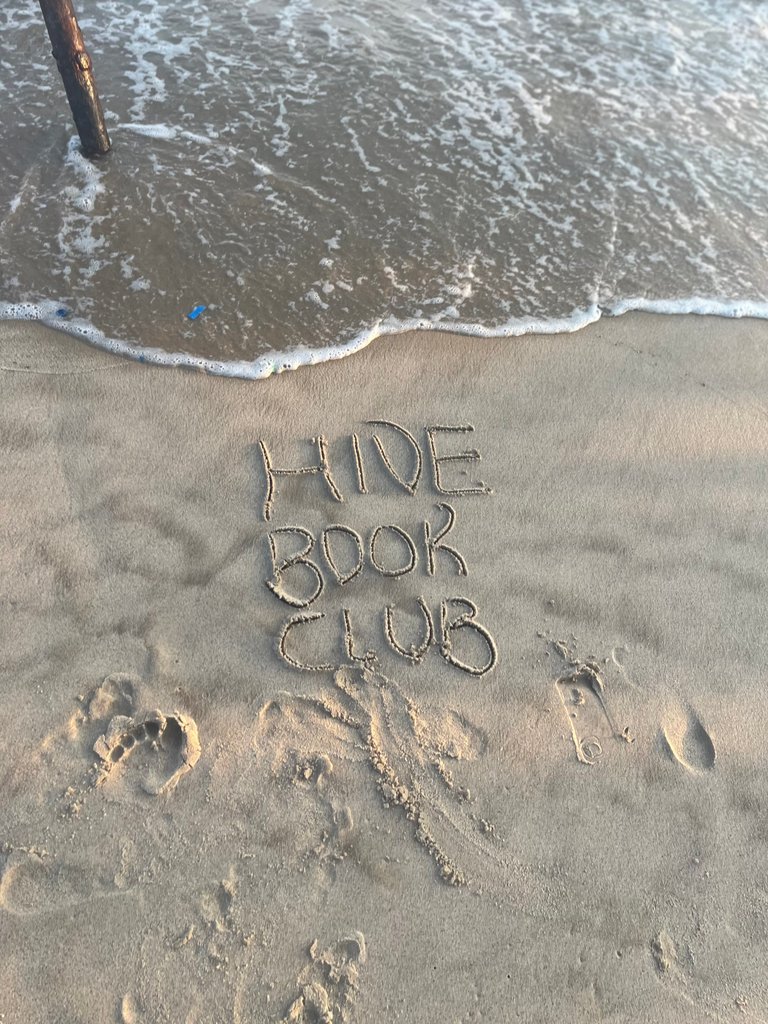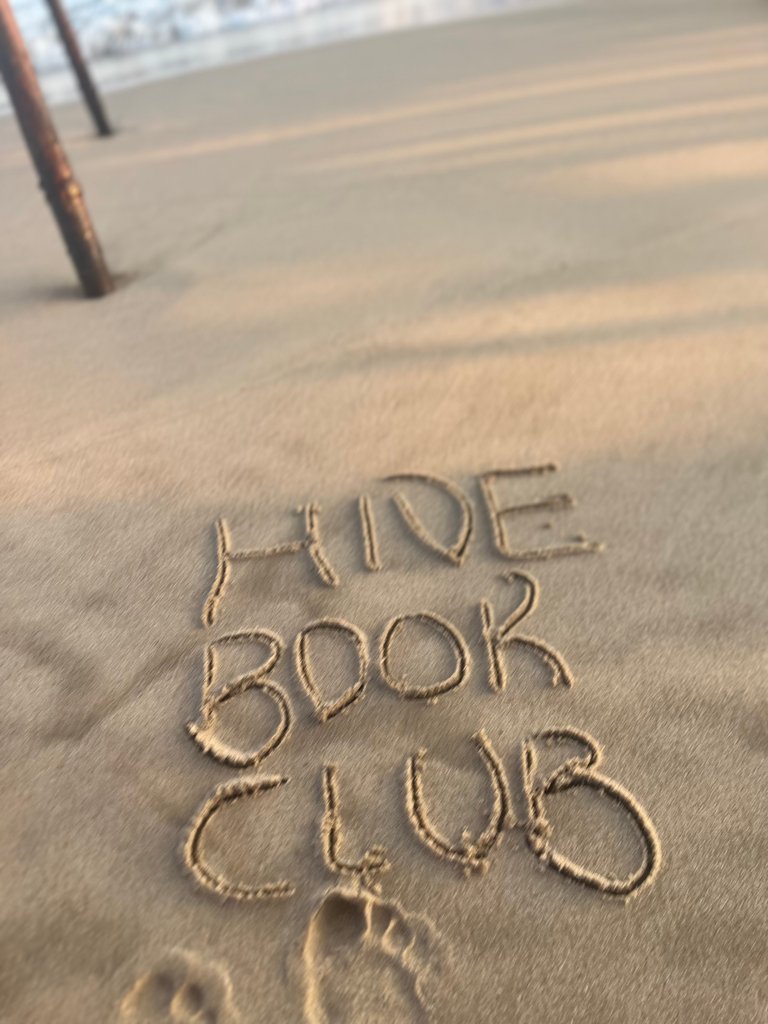Books Deserve Credit: A Guide To Ethical Reviewing

Image designed using Canva.
In academic or formal writing, referencing is very important. In the Hive Book Club community, every day, book lovers write reviews about the books they have read and one mistake most people make is to not reference and also using excessive quotes. Picture it this way; how would you feel if you spent years working on a book and then when you publish it, you see people copying and pasting your entire work without giving credit to you? You wouldn't want that, right? In simple words, referencing means giving credit to the original source when you use someone else’s ideas, words, or work. For example, if you want to write something about what someone else has written, you must acknowledge them by citing their work.
About two years ago, I took a course on Literature Review and Research. I learnt the basic ways to give credit to authors. There are different types of referencing styles, such as APA and MLA. The commonly used style of referencing in the literary world is the MLA 7th edition format. It is important to note that there are different editions. Don’t worry too much about these technical details. The important thing you need to know is that writers put so much into their work and it isn't fair to quote or copy their works without giving credit to them. In fact, it is not just unfair. it is actually illegal. Do you know you could face legal actions for breaking copyrights rules?

I understand that not many of us would like to break these laws, but sometimes we do it unintentionally. Two weeks ago, we had our usual Hive Book Club hangout. We were just four members and the hangout was so much fun and educational. Thanks to @macchiata who brought the topic up; giving credit to authors. Many members of the Hive Book Club community break copyright when they do reviews of books and quote excessively. Some people go as far as to quote multiple sentences. Not that alone, taking images of a book and using it in your reviews is actually not the way to go about it. Prior to the time we had the hangout, I liked the idea of adding pictures of the books in my reviews. I would take pictures of the beginning, middle and end pages. But I realized that I was doing it all wrong.
It is fine if you didn't know about this until today. We keep learning new things every day and now that you know about it, you should try as much as you can to avoid copyright issues. So, how can you go about it? How can you make reviews and not break the copyright rules?

The first important thing is not to quote excessively. It is okay to quote a few sentences from the original source, but it shouldn't be more than that. After quoting the author, try to interpret them in your own words. It makes it better that way. More importantly, don’t use pictures of the book in your review. It is fine to take a picture of you reading the book. It is fine to take a picture of the front page and design it with Canva or any other app, but you shouldn't take pictures of the main content.
As long as you follow these simple tips, you’ll be able to write better reviews, respect other people’s work, and avoid breaking any copyright rules. Books deserve credit!
I designed the thumbnail using Canva. The other images in this post are mine.
Thanks for reading through.
Posted Using INLEO
Congratulations @justfavour! You have completed the following achievement on the Hive blockchain And have been rewarded with New badge(s)
Your next target is to reach 13000 replies.
You can view your badges on your board and compare yourself to others in the Ranking
If you no longer want to receive notifications, reply to this comment with the word
STOPCheck out our last posts:
Thank you, Buzzy.
Go for it @justfavour! You've got what it takes to reach your new target on Hive.
I absolutely didn’t have an idea of this. I always thought it was okay as long as it was clear you were writing a review. Thank you so much for this. Now, I know better.
Hi, Oluchi. I’m glad you know better now.
Btw, have you read Chimamanda’s latest book?
Dreamcount? Nope I haven’t. I haven’t gotten an opportunity to lay my hands on the hard copy. I already read a pirated soft copy, only finding out it was pirated after over 300 pages, and 90% of the characters in it didn’t exist. The horror 🥲
So, no, I haven’t. Have you?
Thank you.
Wow, thanks so much for sharing this!
You’re welcome.❤️❤️
Thank you for stopping by.
When reading your post I realized reading or being a reviewer is not that it should only just give opinions but also show respect and being responsible. Many thanks to sharing the post.
Exactly! Show respect and be responsible. You’ve got it!
The way you explained the importance of referencing, in very simple language and with practical examples. The message that it is not just a rule, but a matter of fairness, came across very well. Thank you very much.
Thanks for the tips. I think they're excellent for following guidelines for book reviews. Regards.
Thank you so much.
I’m glad you came across this post.
OMG I forgot this Saturday Book Chat, honestly I should be putting an alarm by now 🥲 which I'll do now so this week we'll have more book chat.
Thank you for sharing this to us because it's actually an important thing to consider when reviewing a literary work and even movies too. I know that we tend to skip the first front page haha but it's always good to shed more light on this matter.
Shoot! I enjoyed our last hangout. It was different and interesting. Let’s hope you come around on Saturday.🤭🌹
I did Chicago referencing at University (it was a Visual Arts Program) - and in the context of academic writing - everything should be referenced (including the date you accessed the content!).
It is rare that you need to write a review of a fiction book and quote specific sequences of text, unless they are extraordinary bits of prose - but if you quote them, its my view that it spoils the fun for any future reader.
As is the case for writing fiction, when writing reviews, it pays incredible dividends to read other good book reviews (not reviews of the same book!) so that you can constantly hone your craft, and decide on what you're going to "Review" - is it the story, is it the structure, is it the symbolism, is it the use of language, is the it the character development, or is it some combination of all of them?
As an aside - before I learned how to do (very basic!) code - I saw software piracy as a victimless crime. Now that I know just how hard it is to do software development, I will happily compensate people appropriately.
The same feeling happens with trying to write a book and reading a book. Respect for the author's work is paramount and so very important.
Wow, even the date you accessed it? That's deep!
I agree with you that quoting excessively spoils the fun for future readers.
Thanks for the tip and also for sharing your opinions.